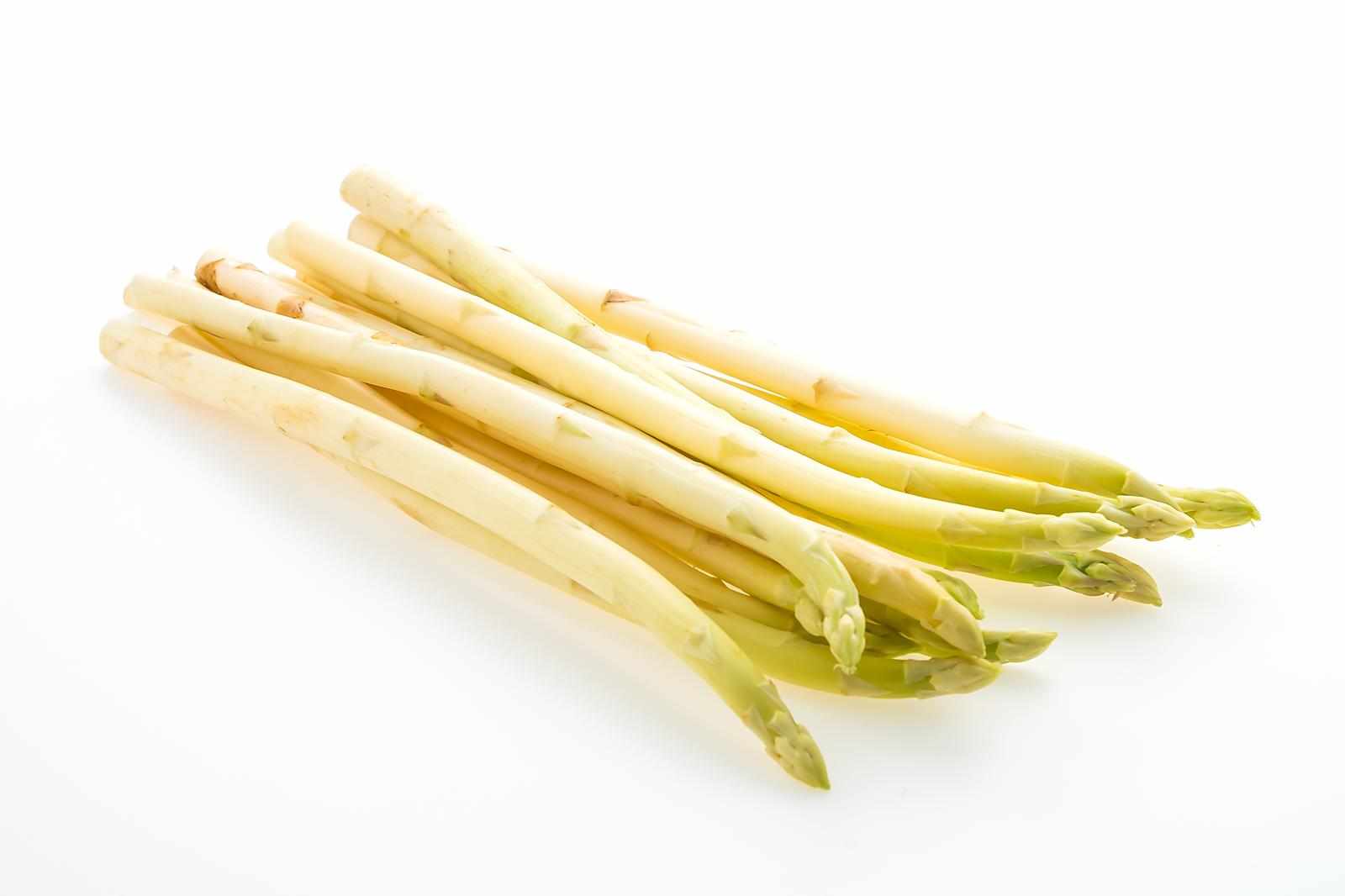
Shatavari, a revered herb in Ayurvedic medicine, has gained widespread recognition for its plethora of health benefits. From supporting reproductive health to promoting digestive wellness, this versatile herb offers a natural solution for various health concerns. However, like any supplement, it's essential to understand its benefits, precautions, and proper dosage to maximize its effectiveness and ensure safety.
Benefits of Shatavari:
Reproductive Health: Shatavari is renowned for its ability to support female reproductive health. Shatavari for women helps balance hormones, regulate menstrual cycles, and alleviate symptoms of menopause and PMS. Additionally, it nourishes the reproductive organs, promoting fertility and enhancing overall reproductive wellness.
Digestive Support: Shatavari possesses soothing properties that help alleviate digestive discomfort. It aids in relieving acidity, inflammation, and gastrointestinal conditions like gastritis and ulcers. Furthermore, it supports the growth of beneficial gut bacteria, promoting digestive health and regularity.
Immune Boost: Rich in antioxidants and immune-strengthening compounds, Shatavari helps fortify the body's natural defense mechanisms. It enhances immune function, protects against infections, and reduces the risk of illness, contributing to overall well-being and vitality.
Stress Relief: Shatavari acts as an adaptogen, helping the body adapt to stress and promoting a sense of calmness and relaxation. It nourishes the nervous system, alleviates anxiety, and enhances mental clarity and focus, making it a valuable ally in managing stress.
Respiratory Health: Shatavari's expectorant and bronchodilator properties make it beneficial for respiratory conditions like asthma and bronchitis. It helps ease breathing, reduce inflammation in the airways, and promote respiratory wellness.
Anti-inflammatory Effects: Chronic inflammation is implicated in various health issues, including arthritis and cardiovascular disease. Shatavari exhibits potent anti-inflammatory properties, helping reduce inflammation throughout the body and alleviate associated symptoms.
Antioxidant Protection: Shatavari is rich in antioxidants that neutralize free radicals and protect cells from oxidative damage. This antioxidant activity helps maintain youthful skin, heart health, and overall vitality.
Detoxification: Shatavari supports the body's natural detoxification processes by promoting the elimination of toxins and waste products. It purifies the blood, cleanses the liver, and supports kidney function, contributing to overall detoxification and rejuvenation.
Precautions:
While Shatavari is generally considered safe for most people, there are certain precautions to keep in mind:

Allergies: Individuals with allergies to asparagus may experience allergic reactions to Shatavari. It's essential to consult with a healthcare professional before using Shatavari, especially if you have known allergies.
Pregnancy and Breastfeeding: While Shatavari is traditionally used to support reproductive health, its safety during pregnancy and breastfeeding has not been adequately studied. Pregnant or breastfeeding women should exercise caution and consult with a healthcare provider before using Shatavari.
Hormonal Imbalance: Shatavari benefits for women hormone-balancing effects may interfere with certain medications or conditions related to hormonal balance. Individuals with hormonal imbalances or those taking hormone-altering medications should consult with a healthcare professional before using Shatavari.
Digestive Disorders: Although Shatavari is known for its digestive benefits, some individuals may experience gastrointestinal discomfort or allergic reactions. It's advisable to start with a low dose and monitor for any adverse effects, especially in individuals with pre-existing digestive disorders.
Drug Interactions: Shatavari may interact with certain medications, including hormonal therapies and immunosuppressants. It's crucial to consult with a healthcare provider before using Shatavari, especially if you're taking prescription medications.
Dosage Guidelines:
The appropriate dosage of Shatavari may vary depending on factors such as age, health status, and the intended purpose of use. It's recommended to consult with a qualified healthcare professional for personalized dosage recommendations. However, here are general dosage guidelines for Shatavari supplements:
Powder: Start with 1/4 to 1/2 teaspoon of Shatavari powder once or twice daily. You can mix it with warm water, milk, or a smoothie for easy consumption.
Capsules: Follow the dosage instructions provided on the product label. Typically, the recommended dosage ranges from 500 mg to 1,000 mg per day, divided into two or more doses.
Tincture: Follow the dosage instructions provided on the product label. Typically, the recommended dosage ranges from 30 to 60 drops, one to three times daily, diluted in water or juice.
Decoction: Prepare a decoction by simmering Shatavari root in water for 10-15 minutes. Strain and consume 1/2 to 1 cup of the decoction once or twice daily.
It's important to start with a low dose and gradually increase as tolerated. Additionally, it's advisable to use Shatavari for a limited duration, such as a few weeks to a few months, and take periodic breaks to assess its effects on your body.
Summary
Shatavari is a potent herbal remedy with numerous health benefits, ranging from supporting reproductive health to promoting immune function and reducing inflammation. However, it's crucial to exercise caution, especially regarding allergies, pregnancy, and drug interactions, and to consult with a healthcare professional before using Shatavari capsules. By understanding its benefits, precautions, and proper dosage guidelines, you can harness the power of Shatavari safely and effectively to enhance your health and well-being.







Write a comment ...